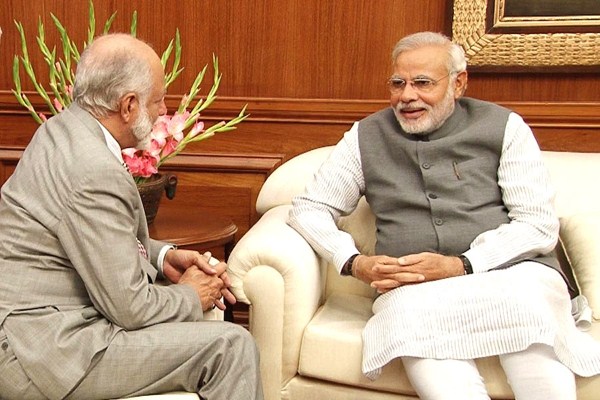When Oman’s foreign minister made two visits to India last year, once before Indian Prime Minister Narendra Modi’s new government was sworn in and once right after, it became the first Gulf Cooperation Council (GCC) member to commence high-level engagement with the new Indian government. The visits were also a signal that Oman continues to be India’s closest strategic partner in West Asia.
As a country that not only hosts some 700,000 Indian expatriates, but also key Indian listening facilities, Oman is assuming ever-greater importance for New Dehli as an outpost to project Indian influence—especially with the rise of the so-called Islamic State (IS) in Iraq and Syria. The Indian navy, which already has berthing facilities in Omani ports, is expected to increase the frequency of its visits while conducting regular joint exercises. In addition to the heightened naval engagement, Oman will be looking to India for help in diversifying its economy through greater bilateral investment, even as the two countries discuss the feasibility of an undersea gas pipeline involving Iran.
India and Oman actually signed their first military protocol in 1972, which led to Indian navy personnel manning Omani naval units for a period of three years beginning in 1973. Since that time, India has continued to play a role in training Oman’s navy. A 2005 memorandum of understanding on defense cooperation considerably expanded that role, while regularizing the training of Omani naval personnel by the Indian navy in hydrography, diving, training management, logistics management and dockyard management. India now offers training courses to personnel from other wings of the Omani military in its defense institutions on a priority basis.

